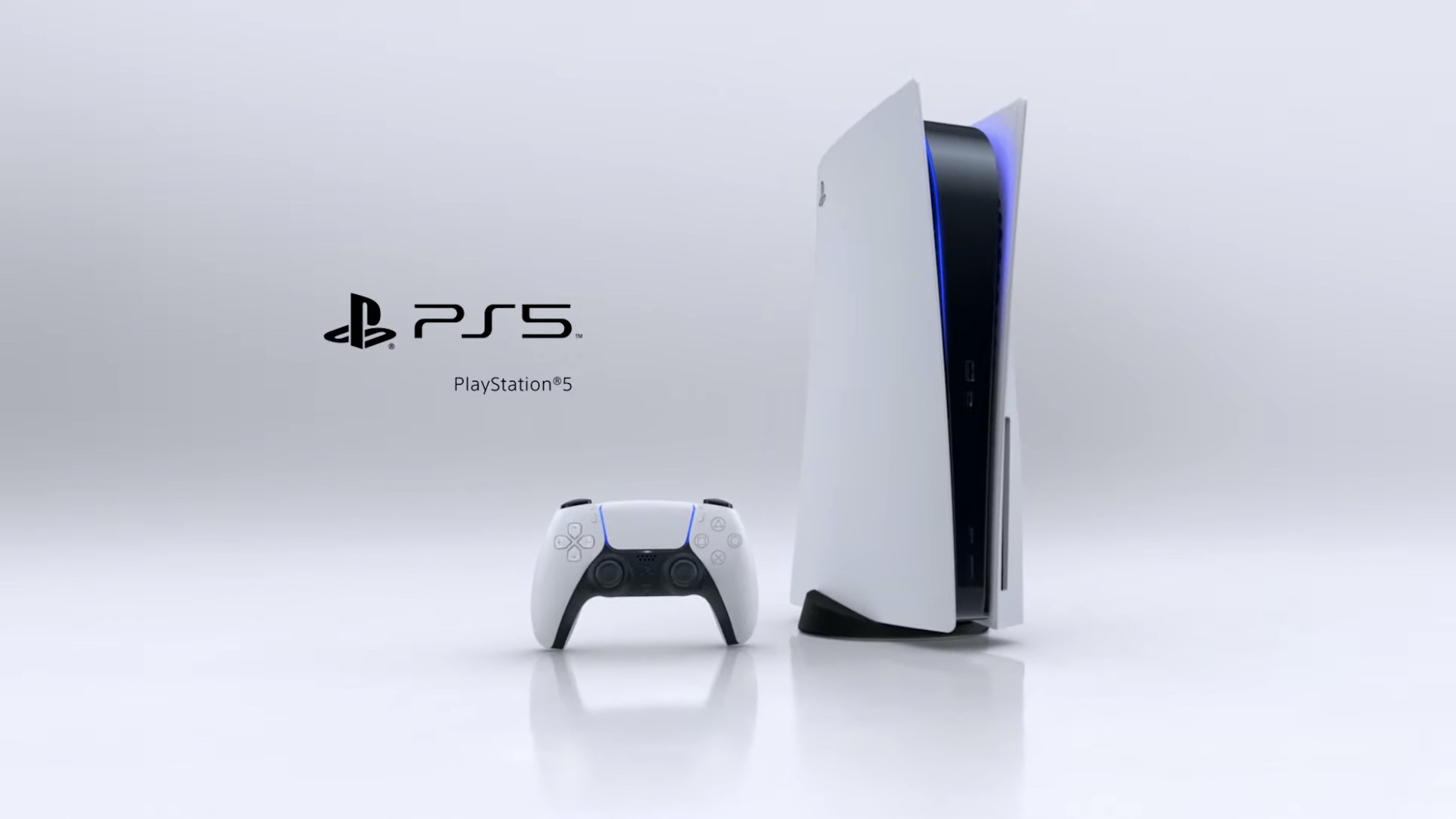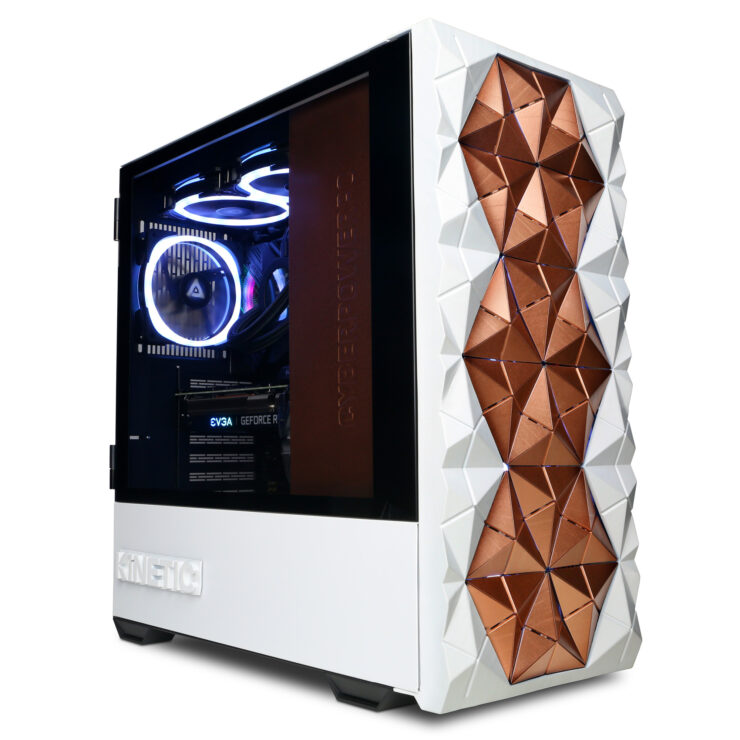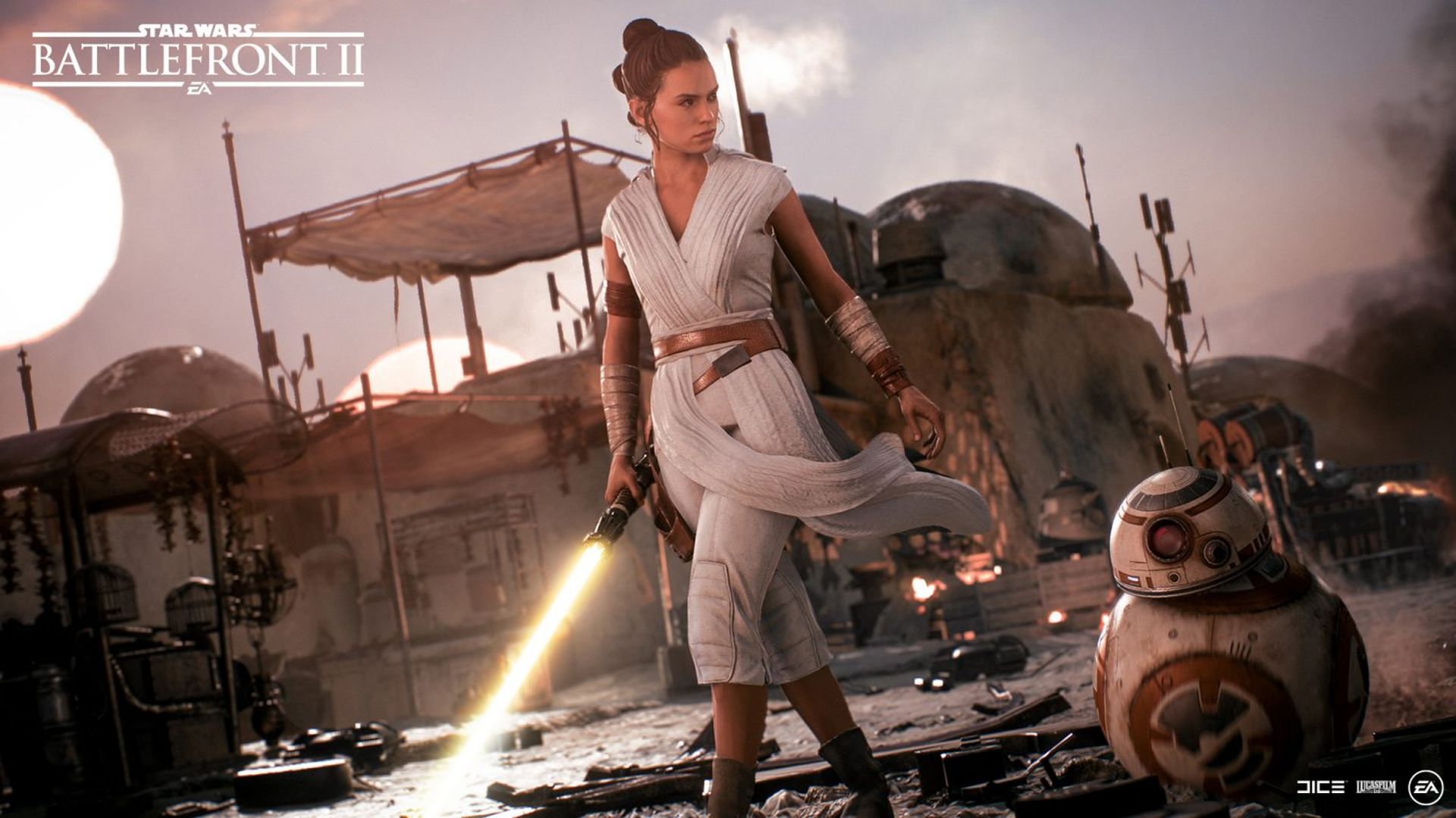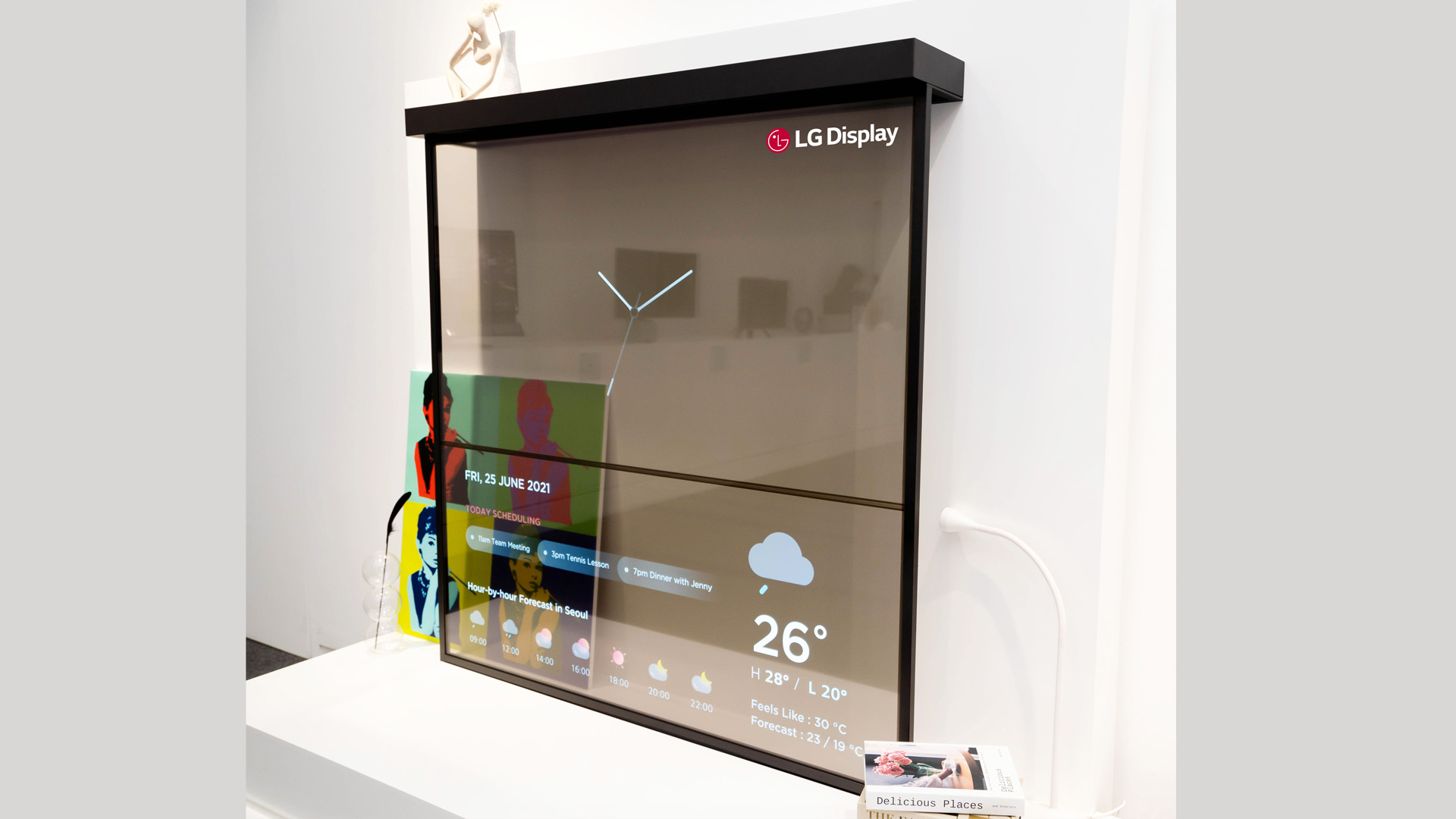
LG Display is almost hell-bent on making its transparent OLED technology a part of every piece of furniture in our homes, offices, and department stores. The South Korean tech giant latest targets include windows, display cases, and even bookshelves.
At CES 2022, the company is announcing a handful of oddball and exciting semi-transparent display innovations, including a bookshelf, called OLED Shelf, that doubles as a larger, hanging display.
OLED (organic light-emitting diode) screens are now thin and light enough to go almost anywhere, in part because they do not require backlighting. Last week, the company unveiled OLED screens in a rotating easy chair and as a head-to-toe curved display for a spin bicycle.
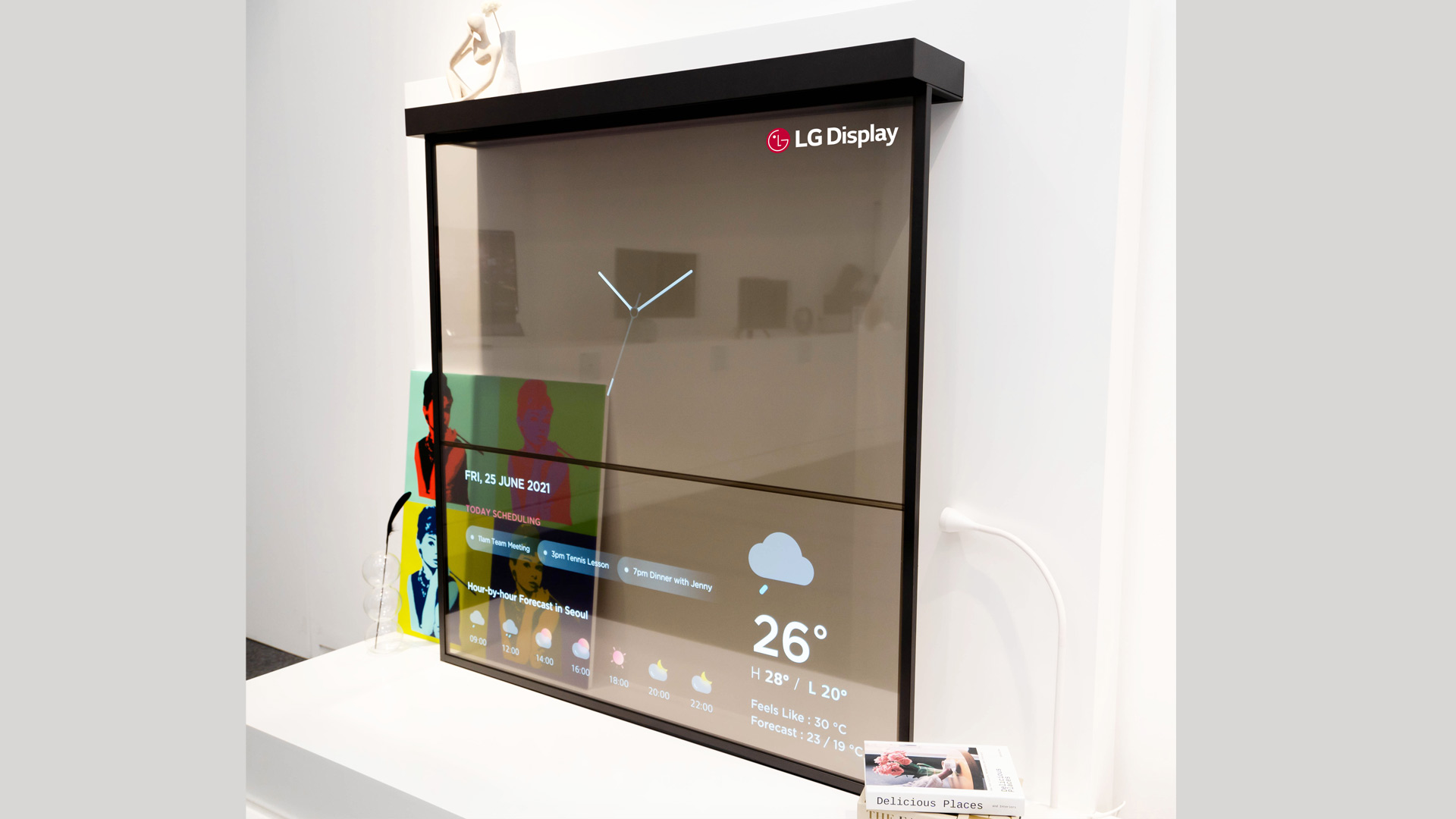
For its OLED Shelf, LG hung two 55-inch 40%-transparent OLED panels from a wall shelf (LG claims these are the largest transparent OLEDs in the world). The two screens are serially connected and hang down to another base shelf to form a relatively rigid frame. The top screen serves as a traditional TV, while the bottom half is more of a passive display for showing weather, news, and other updates.
When it’s time to watch TV, an opaque screen rolls down from the top shelf, right behind the top OLED display, which offers about 400 nits of brightness.
Even when you’re not watching TV, the top display can show off a gallery of art and the bottom screen can provide context for the image on the top screen, listing the artist and when they created the work.
LG told TechRadar the product is ready for commercial production, but they still need a partner to build and sell the system. As for what the shelf can hold, LG told us it’s strong enough for some knick-knacks like a vase or your holiday elf.
Meeting of the future
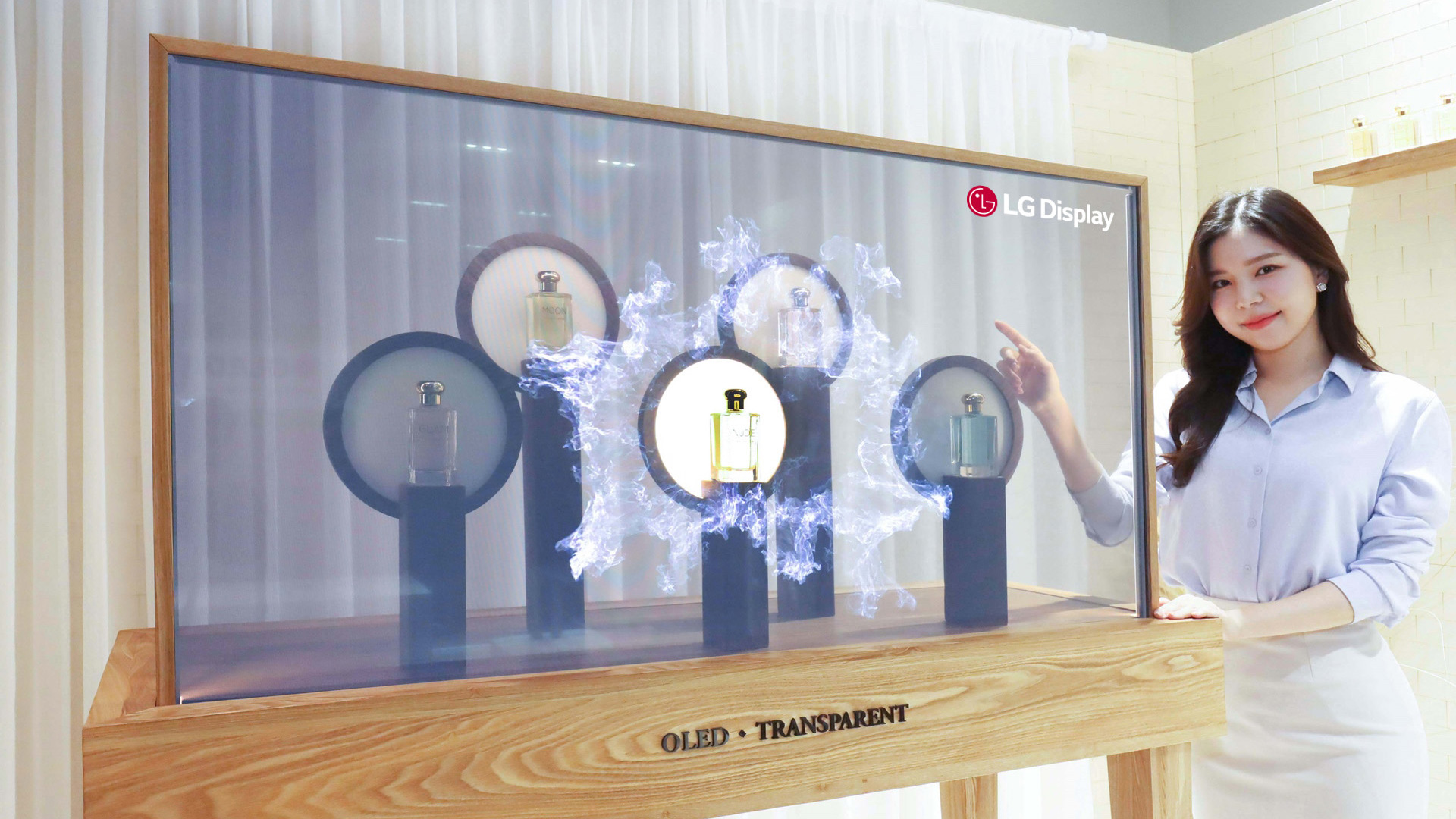
LG is also pushing the limits of what you can do with and how we might think about display transparency. In its Show Window concept, LG demonstrated how a transparent panel could be built into a corporate meeting room window (the wiring and power are hidden in the window bezel).
Even as the display allows for an effectively clear view of the outside world, the OLED technology displays a video of meeting participants and touch-screen presentation elements. There’s also the possibility of the Show Window offering a window into a completely different world – if we ever adopt the Metaverse and add it to our corporate meeting routine.
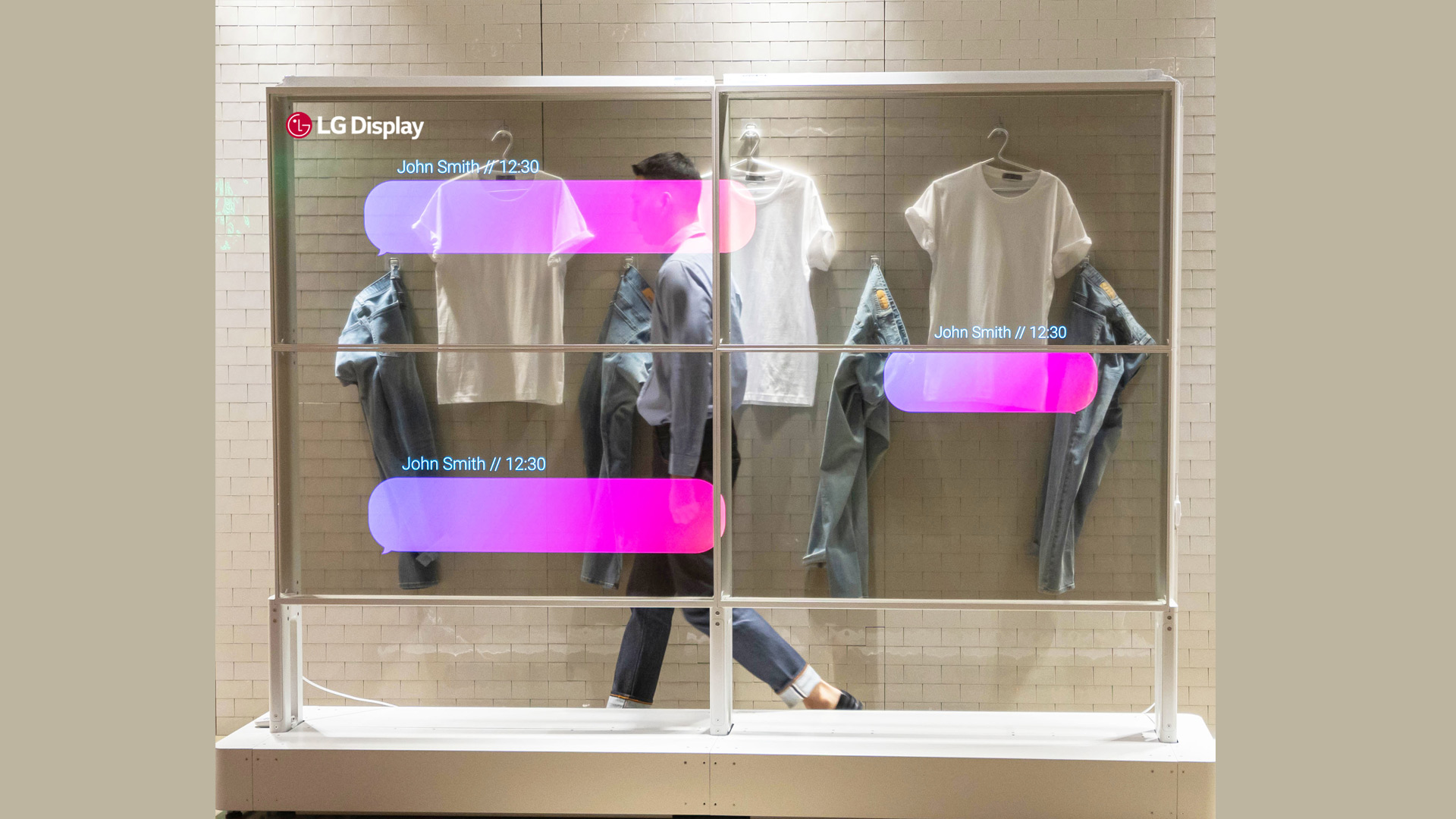
LG is also collaborating with retailers in South Korea to integrate transparent OLED displays with product showcases, or what it calls “Shopping Managing Showcase,” which places a transparent OLED inside a wooden display case. Inside the case are physical products. Customers looking through the OLED screens see both the real products and visually engaging and, sometimes, useful video information (like current sales).
There’s also a new “Show Window” concept that looks, naturally, like a free-standing window, but each pane is a transparent OLED screen that could be used for advertising or even to display personalized messaging to a passerby (our guess is that this could use beacon technology to connect with passing smartphones and, with permission, use shared information to create the messaging).
In Japan and China, LG’s transparent screens are appearing in subway systems where riders can both see outside the rail cars and get information about their trips on the see-through OLED-covered windows.
From shelves to products cases, and office windows, the possibilities with OLED are seemingly endless. However, LG Display and its partners have yet to overcome the technology’s biggest hurdle: cost. A flexible OLED that’s used in LG’s rollable TV, which rolls out of a narrow box to become a rigid, 65-inch 4K TV, still costs $100,000.
- Need something a bit more practical? Check out our guide to the best TVs of 2021!


